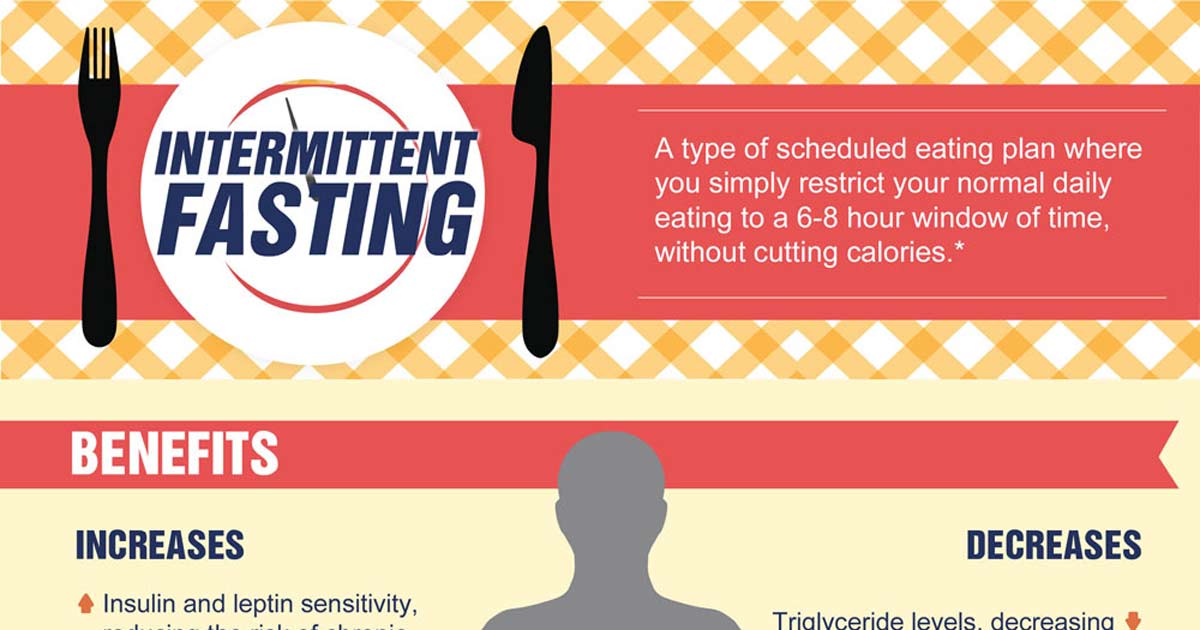Can Bad Bacteria and Parasites Make You Fat? Infectobesity Examined
You may have seen the shocking adverts online about bacterial infection being the reason you are overweight or obese. The adverts seem very far-fetched, and designed to scare desperate people into buying a new product or service to help them lose weight.
One advert even goes as far to claim that “99.8% of most doctors would rather you get sick and stay sick, as that’s how they earn their living!” (this is the claim of Dr Suzanne Gudakunst, who sells her ‘secret’ about parasites making us fat. Really she is just selling a detox cleanse package that you can make yourself – although it is mostly a waste of time!).
Is there any truth in it? And if there is, what can be done about it? Well, as it happens the scientific community has been researching the link between obesity and bacteria (parasites) in our digestive tract. The results do show that there could well be a connection and a dietary solution, more importantly, their information is provided for free!
We are Riddled with Bacteria
We are riddled with bacteria. From the moment we are born, bacteria start to grow and spread within us and compete for the prime real estate that is the human body. Some of these bacteria are good for us, we evolved with them, and maintaining this relationship is essential for our survival.
Some bacteria in the stomach help us to digest our food. However, there are bad bacteria too, and some people claim that this can interrupt our digestive system, cause digestive problems such as IBS, Chrone’s disease, and weight problems. The good and bad bacteria are in a constant battle with each other to control our bodies.
If bad bacteria take over, this is when we suffer from health problems, including obesity. So, is there any real scientific evidence for this? What research is being done? What are the results? And how can we use this information to help people with weight problems?
Infectobesity
There is now a scientific term for this theory, it is called infectobesity. This is the emerging field of medical research that studies the relationship between pathogens (disease-causing organisms, such as viruses and bacteria) and weight gain. The term was coined in 2001 by Dr. Nikhil V. Dhurandhar, at the Pennington Biomedical Research Center.
This is the current state of research on infectobesity:
“Seven viruses have been reported to cause obesity in animal models by various research groups. We reported the first human virus, an adenovirus (Ad-36), which causes adiposity in chickens, rodents and non-human primates and shows association with human obesity. Our in-vivo and in-vitro data show that Ad-36 increases adiposity, lowers serum lipids, increases insulin sensitivity and preadipocyte differentiation.
We are currently investigating the molecular mechanism involved in adiposity promoting effect of Ad-36. Several genes of adipocyte differentiation pathway are up-regulated by Ad-36 and E4 orf1 is a viral gene contributing to the effect. We are determining the interaction of the viral and cellular genes involved in the process.
Our long-term goal is to discover treatment and / or prevention of Ad-36-induced adiposity. Furthermore, determining the role of other infectious agents in etiology of obesity is an important area of investigation.” Dr. Nikhil V. Dhurandhar.
Of course, this research is currently restricted to one institute and requires more work. But there does appear to be a real relationship between specific pathogens and increase in growth of fatty tissue (adiposity). Other studies have indicated that microbes such as archea, fungi and protozoa can cause obesity too.
Other research has also indicated that gut bacteria of obese and slim subjects are very different and that the bacteria inhabiting obese people are more efficient at extracting energy from food and depositing it as fat:
“Studies demonstrated that certain mixes of gut microbiota may protect or predispose the host to obesity. Furthermore, microbiota transplantation studies in germ-free murine models showed that the efficient energy extraction traits of obese-type gut flora are transmissible. The proposed methods by which the microbiome may contribute to obesity include increasing dietary energy harvest, promoting fat deposition, and triggering systemic inflammation. Future treatments for obesity may involve modulation of gut microbiota using probiotics or prebiotics.” Tsai & Coyle, 2009.
Probiotics and Prebiotics
So, this is the closest we have so far to a solution, i.e. probiotics or prebiotics. Probiotics are dietary supplements of live microorganisms thought to be healthy for the host organism. Common products that contain these types of supplements are Yakult and Danone yogurts and drinks. There has been a growth in products in recent years aimed at increasing the “healthy bacteria” in out gut.
Prebiotics are non-digestible food ingredients that stimulate the growth or activity of bacteria in the digestive system which are beneficial to the health of the body. Dietary sources of prebiotics include soybeans, raw oats, unrefined wheat and barley.
Foods To Avoid for a Healthy Gut
- Refined carbohydrates
- Alcohol
- Nuts
- Seeds
- Grains and flour products
- Animal proteins
- Acidic fruits
- Caffeine
- Fast food
Foods To Eat More of for a Healthy Gut
- Raw salads
- Healthy oils
- Probiotic yogurts and drinks
- Soybeans and other Pulses
- Raw Oats
- Water
We should add that currently the general consensus is that it is still too early to know whether or not these bacteria are the cause or effect of obesity. However, in subjects that have started to consume more of the above foods, i.e. probiotic yogurts and unrefined grains and raw oats do see an improvement in their digestive tract.
But, this alone will not make you thin again. If you eat too much food, you will remain fat. Eating a healthy, well balanced diet, is still essential to being a healthy weight. Read our page on losing stomach fat to learn how this works. Boosting the friendly bacteria may help you meet this goal.
Other References and Sources:
- Infectobesity: Obesity of Infectious Origin1, Nikhil V. Dhurandhar – http://jn.nutrition.org/cgi/content/full/131/10/2794S
- Tsai F, Coyle WJ. The microbiome and obesity: is obesity linked to our gut flora? Current Gastroenterology Reports, 2009 Aug;11(4):307-13.
- International Scientific Association for Probiotics and Prebiotics
-
The Alkaline Diet: Does it Really Shed Pounds?
When you try to lose wei
-
Weight Gain And Weight Loss The Psychological Ramifications
With roughly the same amount of food being available to all of us in o
-
Re-boost your Body with Calotren
Obesity seems to have become a major hea
-
What Types Of Diets Are Best For Our Bodies
Weight shedding diets are the most basic way to turn when you are seek
-
These Tips Will Take The Weight Off
It’s difficult to lose the weight when you have no idea ho
-
Get Accurate Information From Homeopathic Weight Loss Product Reviews
The info youll take away from homeopathic weight reduction product rev
- DON'T MISS
- This Diet May Help Women Live Longer
- Win the Battle! Conquer Holiday Weight Gain
- The Best Ways To Get The Pounds Off
- Diet Pills And Oprah
- Shed Those Pounds With These Helpful Tips
- Diet Tricksters That Are Making You Fat
- Use These 7 Tips To Lean Out Without Tracking Food!
- The Need To Search For Alternative Energy
- Weight Watchers Taco Soup Recipes
- Are Free Online Weight Loss Programs Useless?




